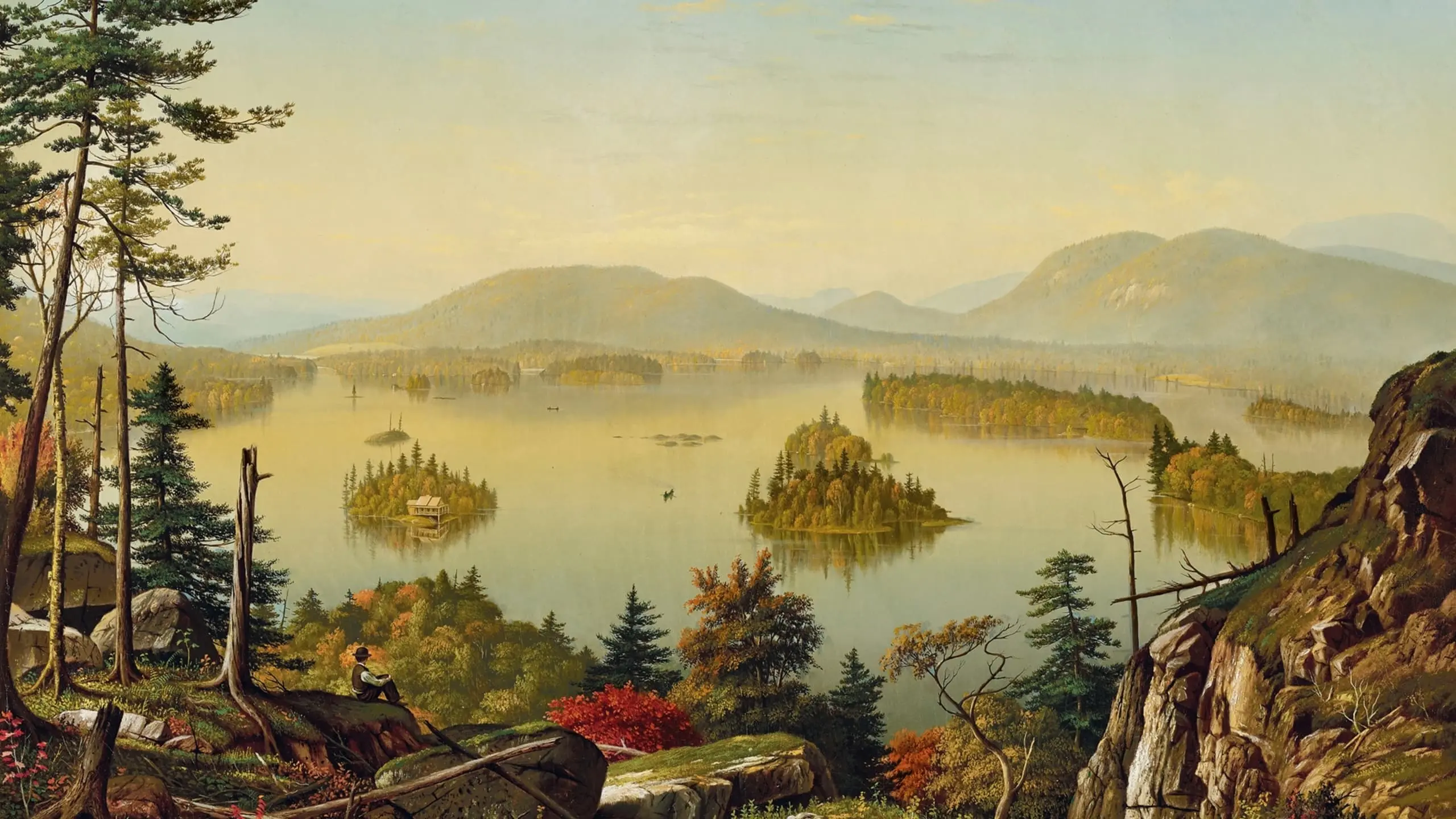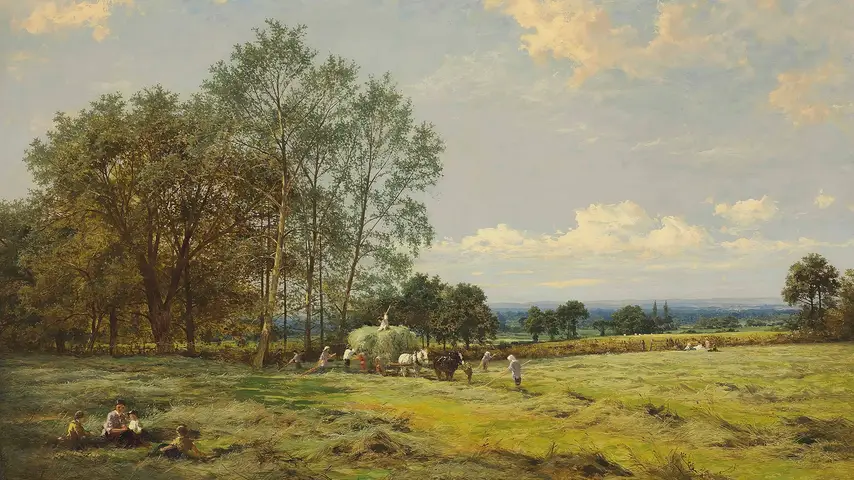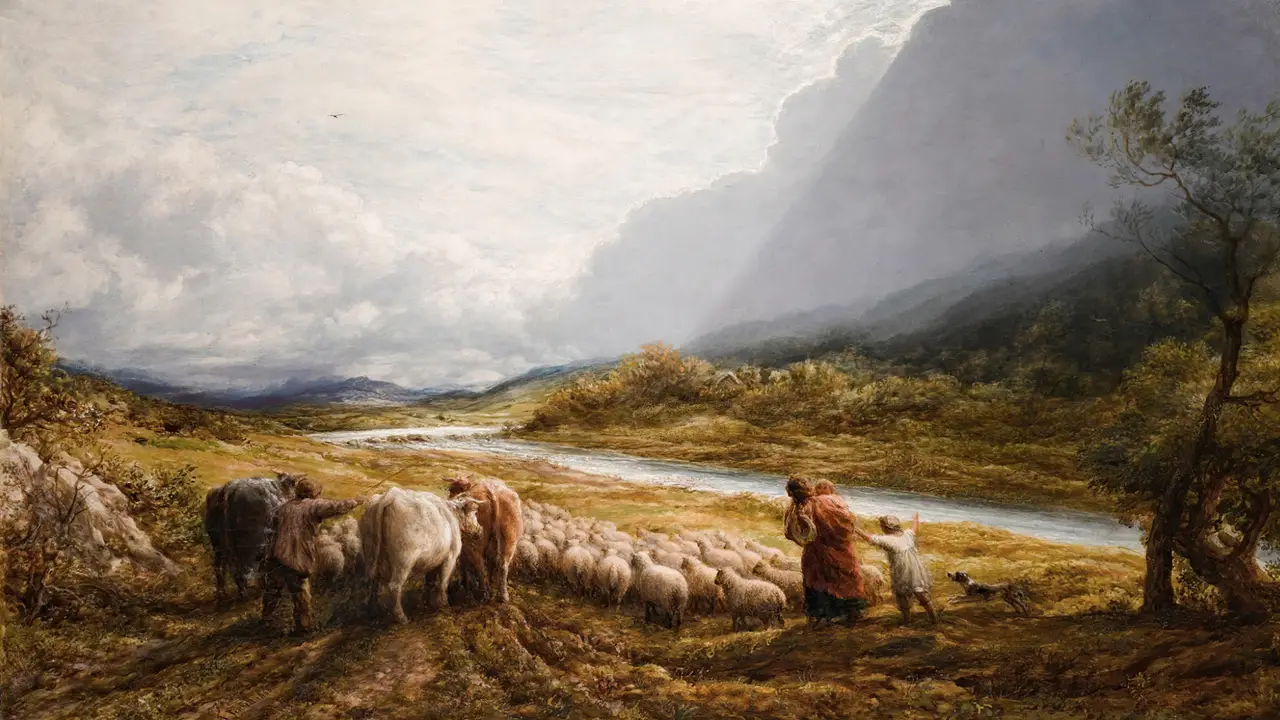A Pilgrim Prayer

The following prayer, celebrating the resurrection of Jesus Christ from the dead, comes from a collection known as the Mozarabic Collects. This collection of prayers was developed by Christians in southern Spain during the period of Arab rule, beginning in the early eighth century.
O Lion of the tribe of Judah, O Root of David, enlighten our hearts and minds with your true wisdom, so that we who now rejoice in your resurrection may, in your kingdom, join with your blessed ones and with all the heavenly host in praising your glorious name, who with the Father and the Holy Spirit lives and reigns, ever one God, world without end. Amen.
Through My Lens
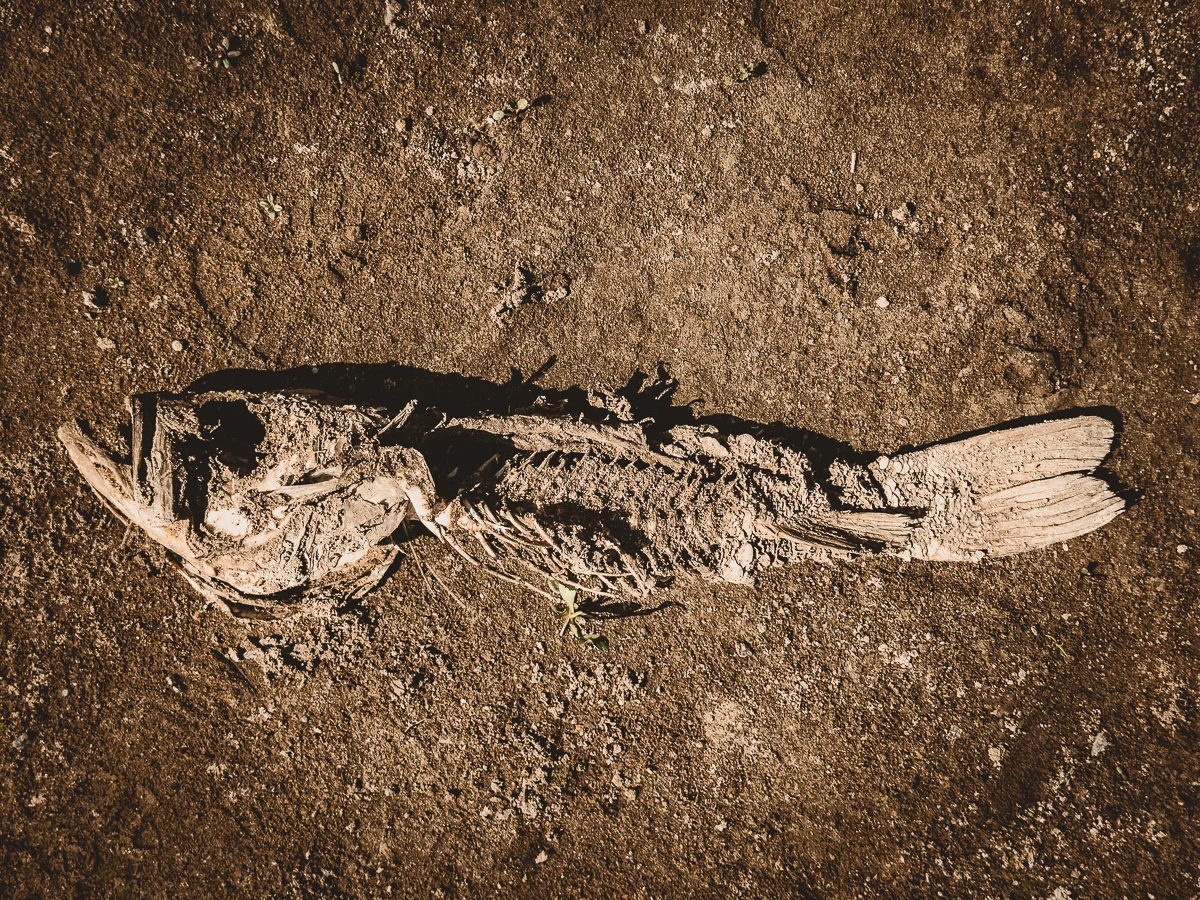
What I’m Reading

Web
- Rhythm of Life: Orientation, Disorientation, Reorientation by Kory Capps at From the Fray. A summary of Walter Brueggemann’s work on the Psalms and Christian experience.
Books
- An Hour Before Daylight: Memories of a Rural Boyhood by Jimmy Carter. The 39th president of the United States was a skilled memoirist.
- Good News at Rock Bottom: Finding God When the Pain Goes Deep and Hope Seems Lost by Ray Ortlund. “During seasons of loneliness, betrayal, or loss, we may tempted to give up on God. But Jesus is often harder to find in the comfortable lives we prefer. Instead, he meets us down at rock bottom—where he is waiting for us with open arms.”
From My Commonplace Book
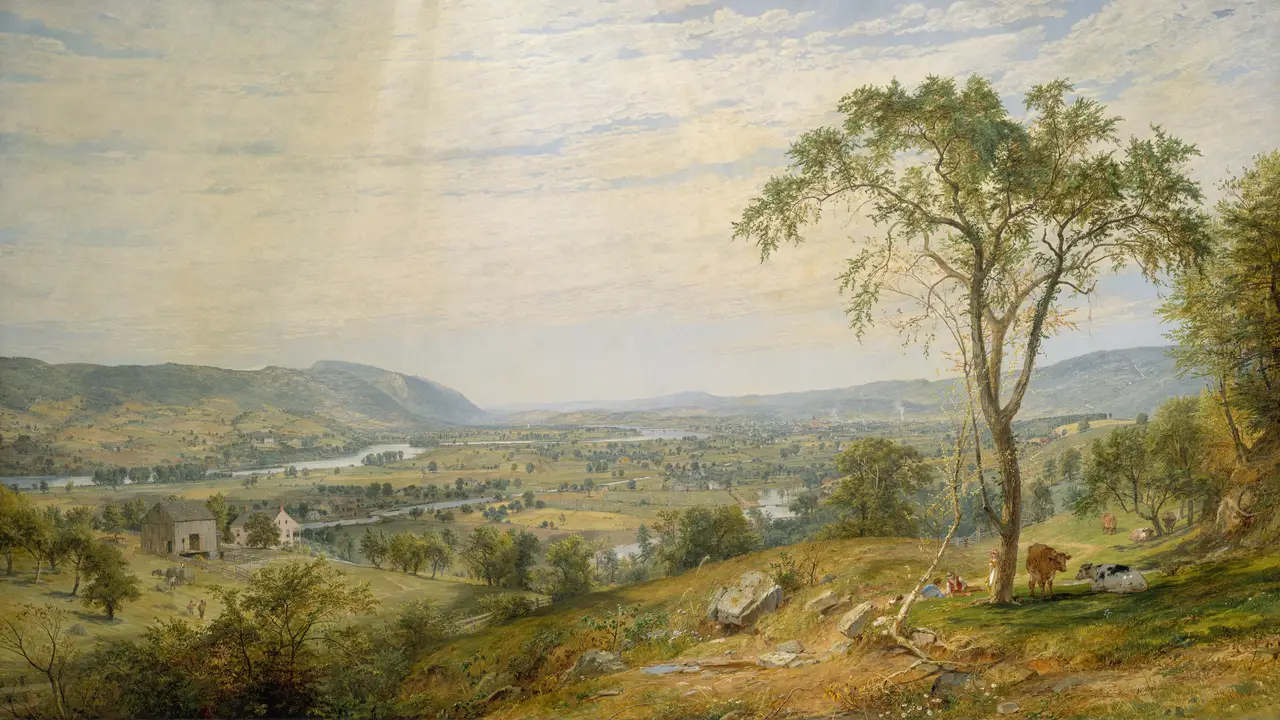
Straining Toward the Time When God Turns Your Tears Into Laughter
In Hebrew, the Psalms are called The Book of Praises. But strangely, lament is the most common type of psalm in the Psalter. How should we think about this seeming contradiction?
Ellen F. Davis sees a vital connection between lament and praise. She writes:
When you lament in good faith, opening yourself to God honestly and fully — no matter what you have to say — then you are beginning to clear the way for praise. You are straining toward the time when God will turn your tears into laughter.
A Poem
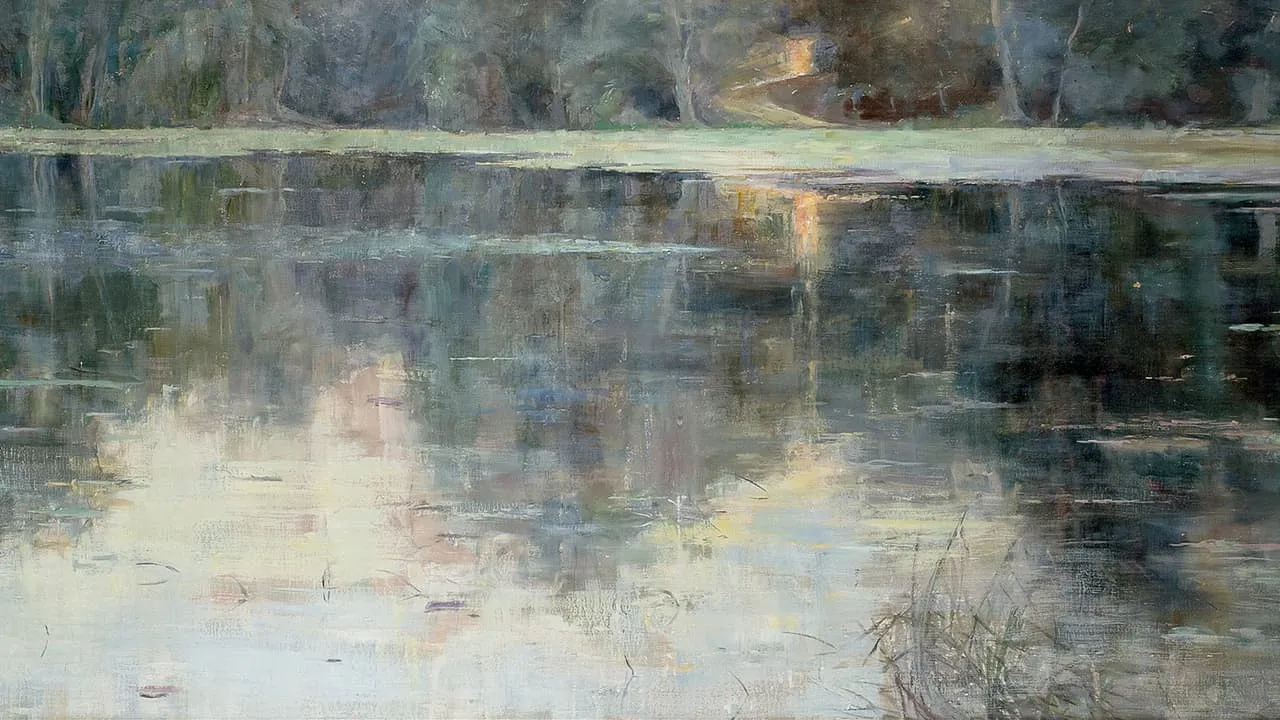
Our Real Work
By Wendell Berry
It may be that when we no longer know what to do
we have come to our real work,
and that when we no longer know which way to go
we have come to our real journey.
The mind that is not baffled is not employed.
The impeded stream is the one that sings.
A Closing Quote
I can only meditate when I am walking. When I stop, I cease to think; my mind only works with my legs.
Jean-Jacques Rousseau in The Confessions (Harmondsworth, England: Penguin Books, 1953), 382.
